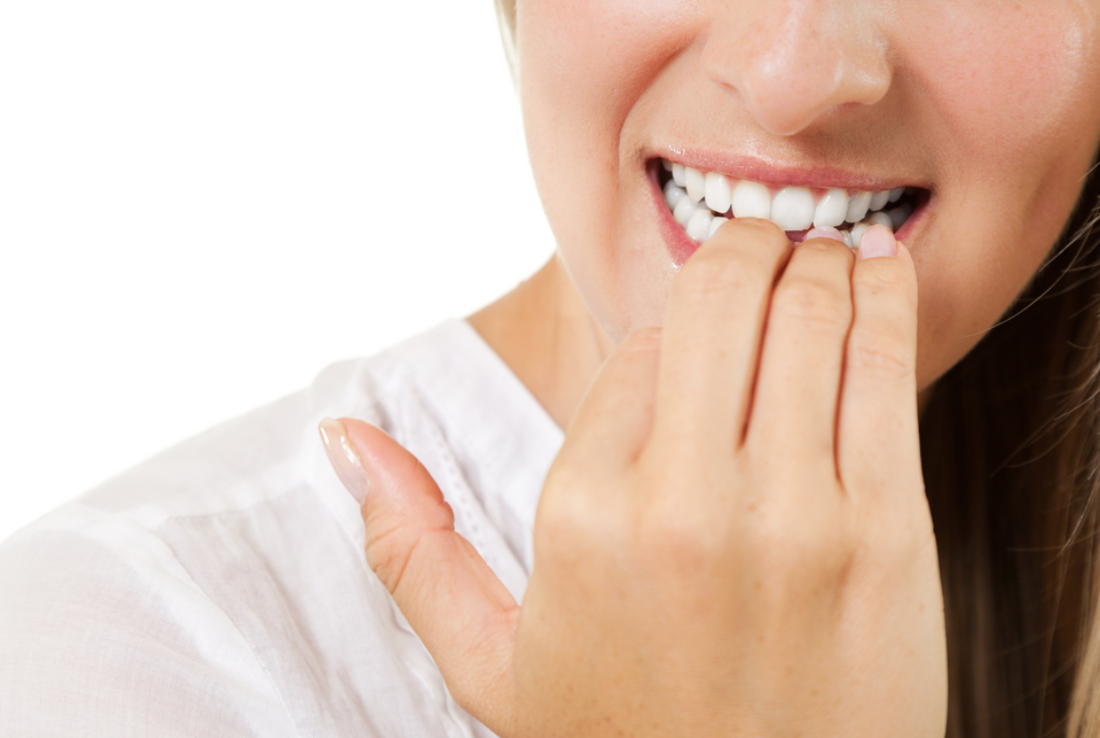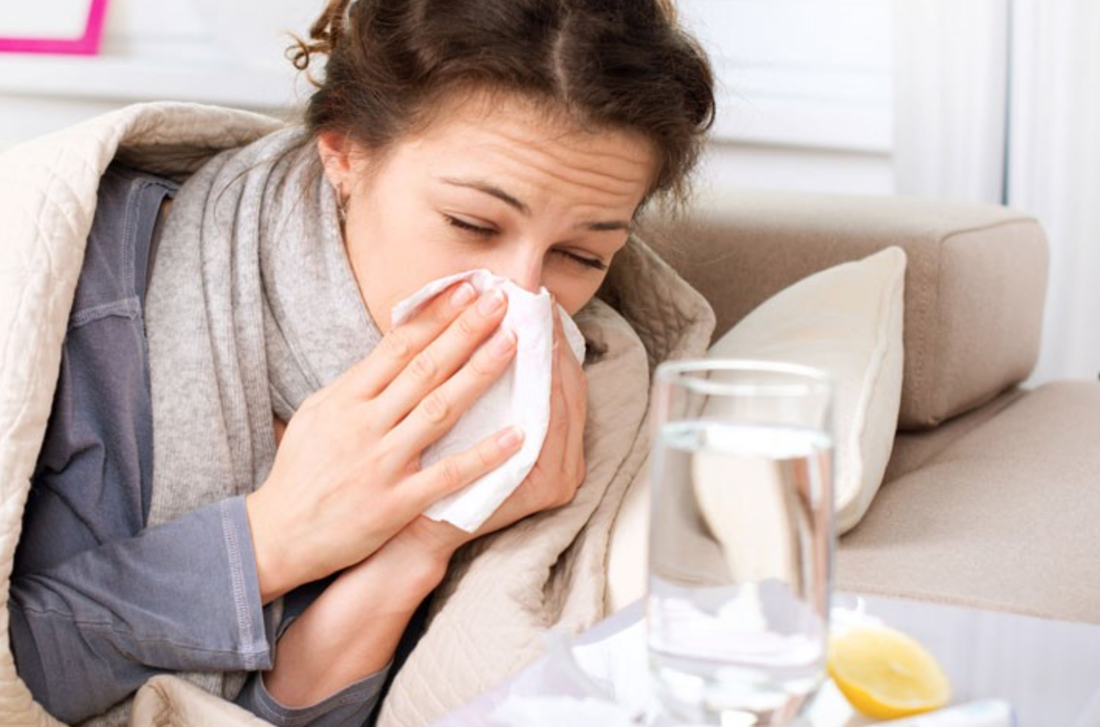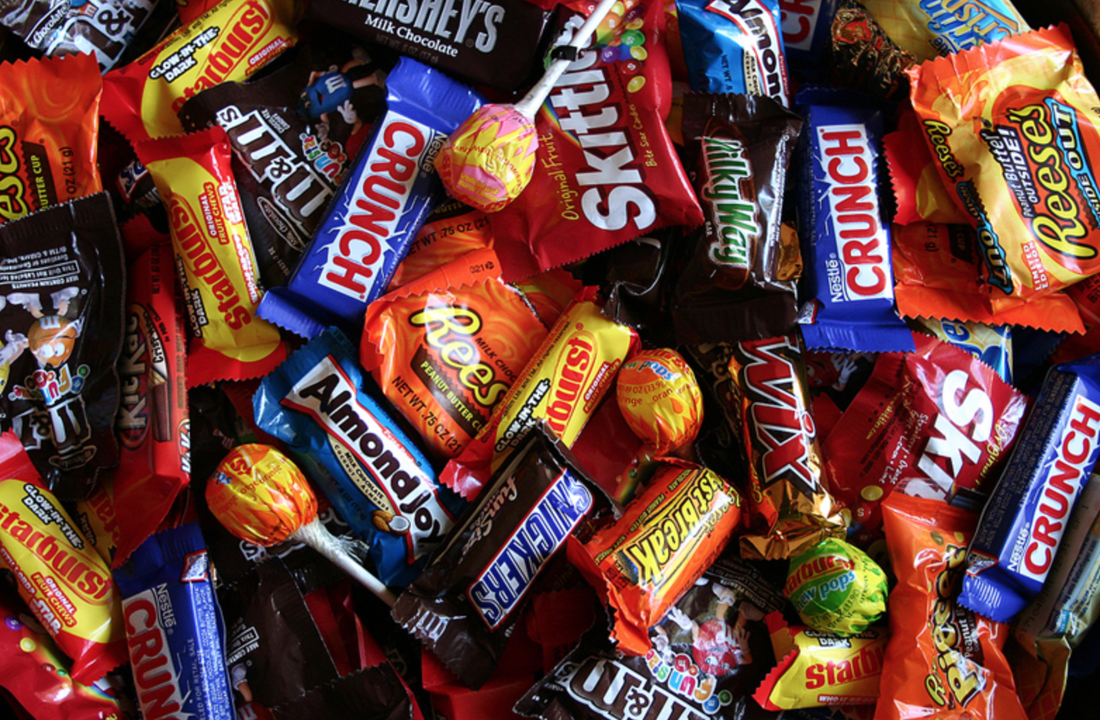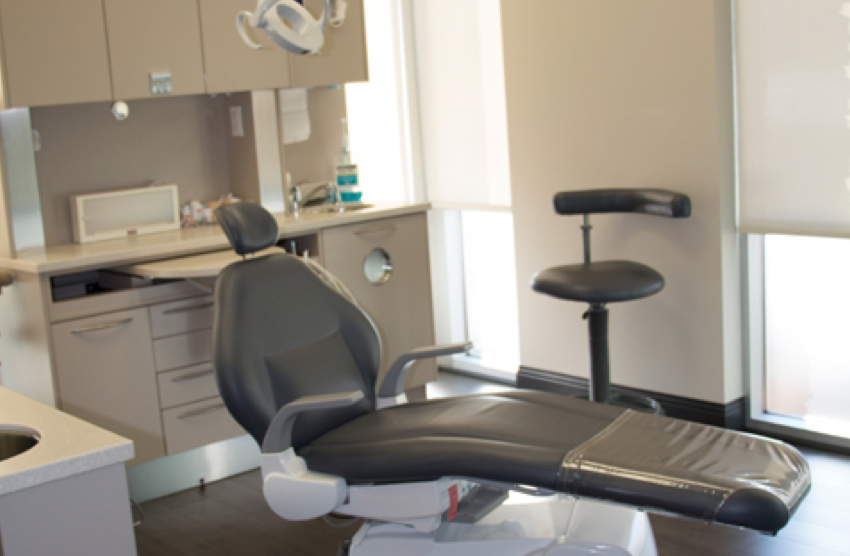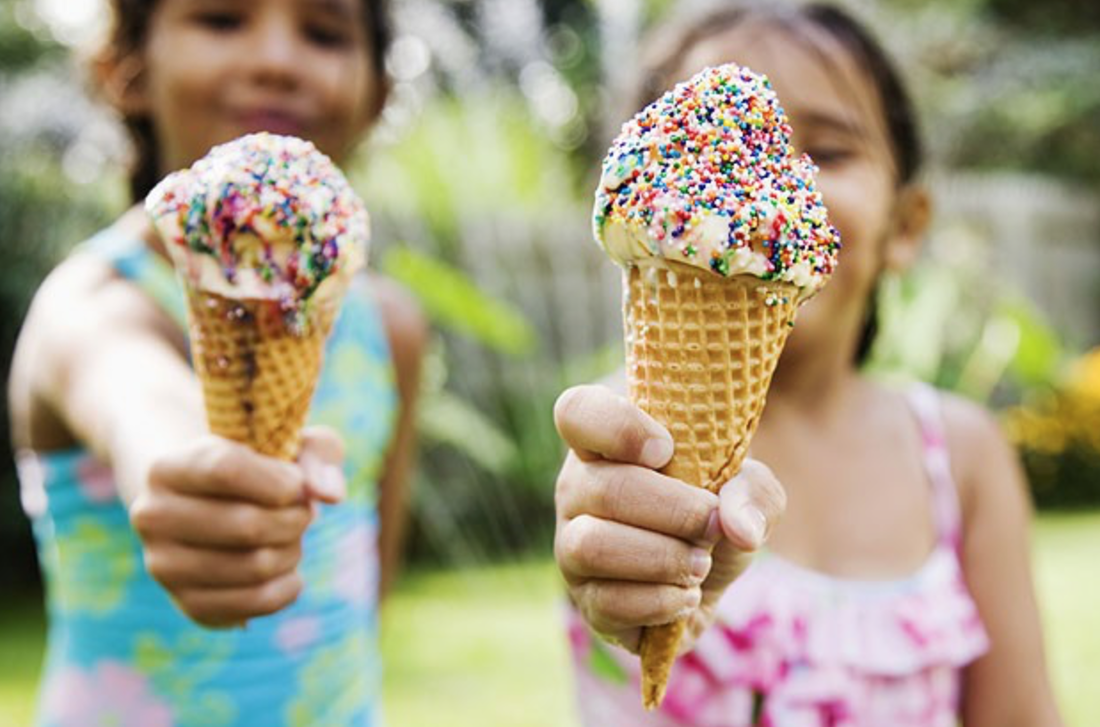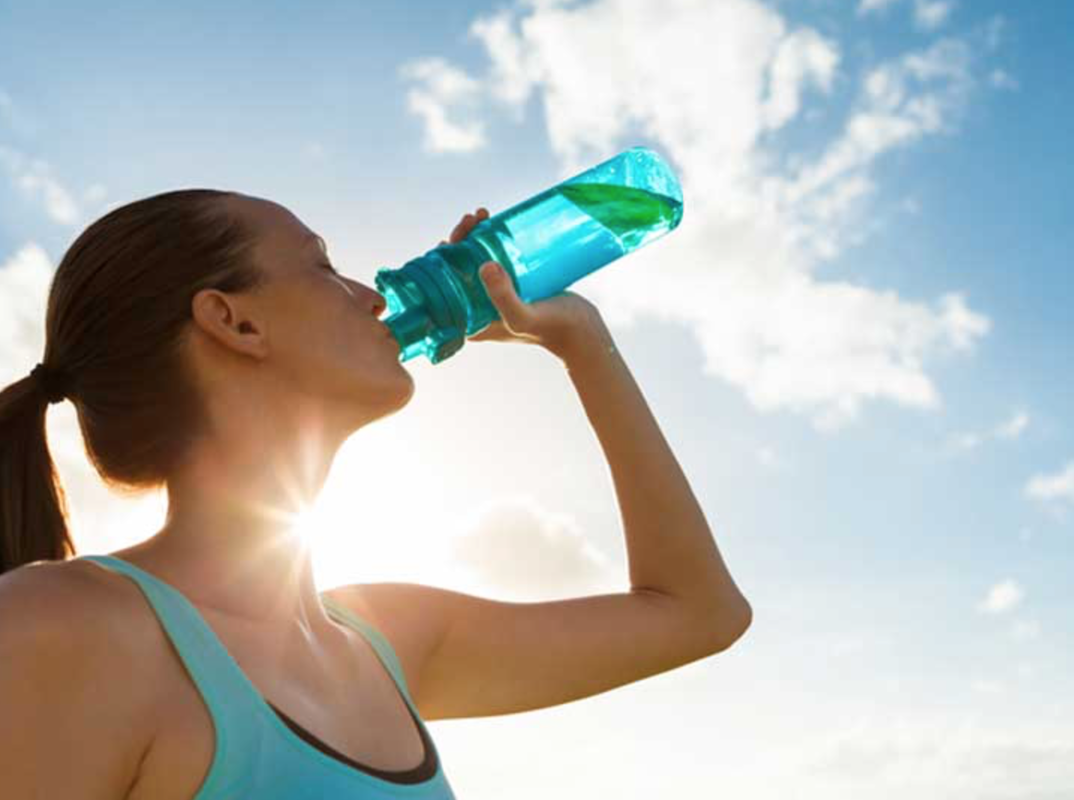|
Foods and drinks that are high in starch or refined carbohydrates, such as pasta, white rice and refined cereals, can also cause plaque buildup that can lead to cavities. Citric foods can demineralize teeth, making them more susceptible to developing decay over time. Coffee and tea can cause staining, and if you add sugar and cream, they become more prone to causing cavities. While brushing after meals is the ideal, a good rule of thumb is to follow up any of these foods or beverages by drinking plain water.
17 Comments
1. Dental Problems Are The Number One Reason Kids Miss School
Did you know that more than 51 million school hours are lost annually because of illnesses related to dental problems? Childhood tooth decay, is the #1 chronic childhood illness? Pediatric dental disease is 7x more common than hay fever and 5x more common than asthma. Data from the third National Health and Nutrition Examination Survey reported: • 41% of children aged 2 to 11 years had cavities in their primary teeth • 42% of those aged 6 to 19 years had cavities in their permanent teeth However, you can lessen the chances of acquiring this common winter bug by maintaining good oral/dental health, as it actually has more benefits than what people may normally know, such as a great smile and whiter teeth.
Taking care of your teeth or dental health actually means improving the chances of not getting afflicted with cough and colds. You can free yourself from the clutches of bad germs by following these simple and straightforward steps you will find below regarding proper toothbrush care. Why the toothbrush you ask? It lasts until late spring, after Valentine's Day, St. Patrick’s Day, Easter, Passover and other cultural holidays.
Hopefully by now, the pleasure of guiltily sneaking the sweet treats brought on by recent holidays has waned. At our home, most of the candy we received as holiday gifts is now in the freezer. It’s good to be cautious with sweets; it’s something we tell our patients all the time. If proper tooth and mouth care are followed, the occasional, sweet treat won’t harm your teeth. For those of us blessed with sensitive teeth and gums, sitting through a regular cleaning is not always the easiest. Most dentists and their staff, however, are very good at easing a patient’s anxiety. You just have to make sure they are aware of it.
Perhaps baseball isn’t your thing, but you would rather kick a soccer ball around, or catch a football, or go karting … or ride a mountain bike or a skateboard…
For most of these sports, you don’t hesitate to protect your head and that of your child with a helmet. But according to the Ontario Dental Association, protecting a growing head, jaw and teeth, even for seemingly non-contact sports, is very important. We at Lakeport Dental strongly agree. For those of us whose mouths are filled with appliances, such as braces, crowns, caps or bridges, we must always consider the safety of our meal and snack choices.
But there is the sugar to consider, also. Popsicles and shaved-ice treats seem fairly harmless since they are water or juice based, but the sugar content could be harmful, encouraging bacteria growth or leading to cavities. Biting into very cold or icy treats could lead to chipped teeth or pain from cold sensitivity. When you are out and about, especially in the heat of summer, it’s better to reach for water than pop or sugary drinks, like sports drinks. Because these are laden with sugar, they can lead to the wearing away of tooth enamel, while adding unnecessary calories to your diet.
At Lakeport Dental, we know that sometimes, your smile just does not feel right. You may have done everything right to protect your oral health, but if you do not feel comfortable with your smile, your self-confidence can suffer.
This can affect your lifestyle and with summer’s carefree days of swimming, dining al fresco and outdoor events with friends and families, you want your smile to be at its best.
If small particles of food become lodged between teeth, near gums and in tight spaces where no amount of salivary cleansing or manual brushing can remove it, tooth decay may occur resulting in dental caries or a cavity.
But what, exactly, is a cavity? |
|
|
Our Location
95 Lakeport Road
St. Catharines, ON L2N 4P9 P: 905-934-0235 F: 905-934-0238 We Accept Cash, Visa, Mastercard, Debit/Interac & Most Dental Benefit Plans
|
|

